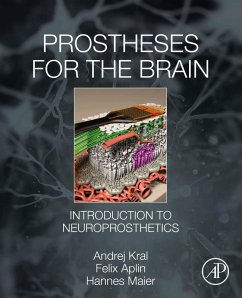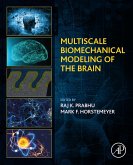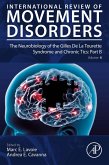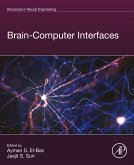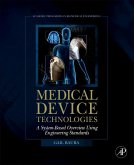Prostheses for the Brain: Introduction to Neuroprosthetics bridges the disciplines required in the field of neuroprosthetics and provides the interdisciplinary base required for understanding neuroprosthetic devices. It introduces basic aspects from the physical, bioengineering and medical perspectives, and forms a common knowledge base. It provides the entrance to the field and sets realistic expectations, both regarding potentials as well as limitations, for the devices in both design and outcomes. The book additionally reviews the technology behind the most frequently used and most clinically successful neuroprosthetic devices. It provides the physiological background for their function, as well as the technology behind them. Finally, the authors suggest future possible developments that may play crucial role in new prostheses for the brain. This gives the reader a comprehensive view on the principles and applications of neuroprostheses. This book has been built from the authors course they teach on neuroprostheses and is ideal for students, engineers and medical professionals in this field. - Introduces the general principles of conductivity of electrolytes and the processes at the tissue-electrode interface - Describes safety issues and regulatory rules, clarifies conceptual differences between stimulating and sensing electrodes - Reviews stimulation strategies, tissue reactions, potential medical complications, brain adaptations and the clinically most successful applications of neuroprostheses
Dieser Download kann aus rechtlichen Gründen nur mit Rechnungsadresse in A, B, BG, CY, CZ, D, DK, EW, E, FIN, F, GR, HR, H, IRL, I, LT, L, LR, M, NL, PL, P, R, S, SLO, SK ausgeliefert werden.

